Many students experience a time when keeping up with schoolwork is difficult. These periods may last several weeks, and may include social problems and a slide in academic performance. Such problems are more likely to occur during times of transition, including:
Moving from elementary to middle school to high school
Environmental stressors such as families in transition
Moving from one home to another
The birth of a sibling
When parents divorce or remarry
When family members or friends pass away
Times of increased stress may cause students to experience emotional difficulties that can negatively impact academic performance.
How can educators identify students at risk for academic difficulties?
Some "at risk" indicators may represent persistent problems from elementary school years. Other students may begin to experience problems during middle school or high school. For some students, academic difficulties may become evident only during adolescence. For timely intervention and identification of a student in need, teachers can become aware of common indicators of academic difficulties, including:
Attention problems: The student has a school history of attention issues.
Disruptive behavior: The student persistently displays inappropriate classroom behavior. The student may be frequently disciplined or show a sudden change in school behavior.
Emotional disturbances: The student may appear withdrawn/apathetic during classroom discussions, and at other times.
Poor grades: The student consistently performs at barely average or below average levels.
Lack of connection with the school: The student is not involved in sports, music, or other school-related extracurricular activities.
Poor peer relations: The student has few or no friends at school.
Low energy: The student appears lethargic or unmotivated at school.
Frequent absences: The student is absent five or more days per term.
Lack of confidence: The student believes that he or she is not capable of achieving academic success. The student believes that success is linked to intelligence rather than hard work, therefore believes his or her learning ability to be insufficient.
Limited goals for the future: The student believes that they are incapable of achieving higher goals. The student seems unaware of personal potential, career options, or how to attain goals.
What can educators do to assist a student with academic performance?
Teachers can help ease a student's and parent's concerns by including the parent as part of the student's educational support team. When a student is having academic difficulty, teachers can assist by:
Making the time to listen and understand the student's fears or concerns.
Promoting appropriate classroom behavior by setting appropriate boundaries and consistently enforcing them.
Encouraging the student to participate in school activities.
Inviting parents to attend school functions, sports, and plays.
Meeting as a team - including parents, teachers, and school counselors – to formulate plans on how they can support the student's learning environment, and talking of their expectations for the student's future.
Arranging for tutoring or study group support for the student through the school or community organizations such as the local YMCA or college/university.
Asking parents to provide a supportive home environment that clearly values education.
Helping the student think of career options by arranging for visits to local colleges.
Helping the student think of career options by encouraging internships or career-oriented learning experiences.
Encouraging the student to volunteer in the community or to participate in community groups such as the YMCA, Scouting, or 4-H organizations. This provides the student with out-of-school support, and enhances their feelings of self-worth.
Partnership with parents to emphasize the importance of study skills, hard work, and follow through.
If a student isn't applying himself/herself to academic learning tasks, teachers can coordinate with parents to work out a plan in which a student must finish their academic work at recess, before school, or after school. This teaches students that not completing learning tasks can have unpleasant consequences.
When students experience academic failure, they can become overly critical of their personal efforts. As teachers, we can help them understand that mistakes are a natural part of life. It's okay to make mistakes, as long as students can learn from them. This helps students identify and learn their strengths and weaknesses.
Understanding the factors that cause academic difficulties, and identifying students who are at risk for academic decline can help teachers intervene in a timely manner to help the student receive extra support from the school, parents, and counselors. Being aware of common academic problems can help teachers recognize when it is important to reach out and assist their students before academic difficulties develop into a more serious situation.
Professional Consultations: Educators need a great deal of support in school management and working with students' issues. To help students, educators can consult with Outreach Concern Regional Field Supervisors at any time - they have many resources on this issue. Outreach Concern research consistently indicates a significant positive correlation between receiving school counseling and elevated success in areas of academic performance, behavior, conduct, effort, and social skills. The Outreach Concern On-Campus Counselors can provide your students and their families with techniques, coping mechanisms, behavior management, learning tasks, and individual support in their academic and emotional needs.
